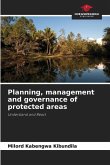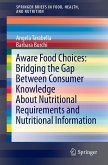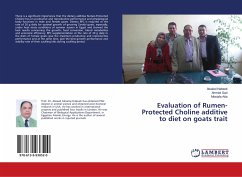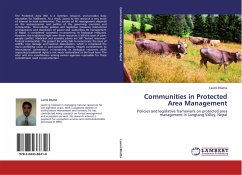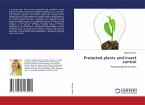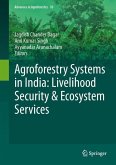Literally, within a protected area everything is prohibited unless permitted. This rule however is rarely maintained in most developing countries like Bangladesh, since peoples' life and livings here historically depndent on various forest products, particularly on non-timber forest products. This study tries to explores the role of NTFPs in sustaining livelihoods in and around Satchari National Park, Bangladesh and analyzed local peoples' perceptions on conservation and exploitation of NTFPs. Study reveals that, NTFPs play a crucial role in local livelihoods of the area. A total of 14 major NTFPs were identified in the area collected by local people. 27% households of the area received at least some cash benefit from the collection, processing and selling of NTFPs, which constituted primary occupation for about 18% of the households. People's dependency on nearby forest for NTFPs varied with their socio-economic condition as well as with the distance from the forest. Although NTFPs collectors of the area hold very poor perceptions on sustainable forest resource exploitation but they hold very clear concept on conservation and sustainable harvesting of NTFPs.
Bitte wählen Sie Ihr Anliegen aus.
Rechnungen
Retourenschein anfordern
Bestellstatus
Storno


